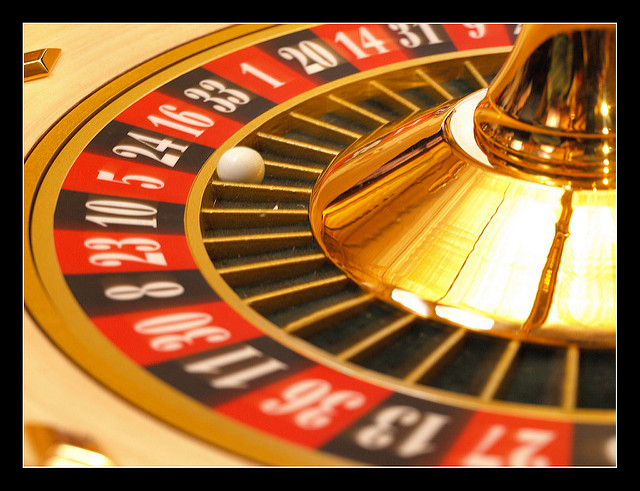As humans, one of our greatest gifts is our ability to consciously make decisions; it’s what separates us from other animals. However, we don’t always realize that our decision-making ability may be flawed. According to research recently conducted by the University of Cambridge, our decisions may be highly influenced by recent events, to the point that experiences we just had hold more weight than our past accumulated experiences.
In order to better understand this, imagine this scenario. You are on one of the machines at a casino. You spin the machine, say 50 times, and don’t win anything. However, on the 51st try, you win once. Your brain thus treats this one win as more significant than the fact that you lost 50 times before that, and you would probably decide to spin again simply on this basis—not a particularly wise decision.
Image Source: Michael Blann
Researchers found this phenomenon while conducting a study using high speed gambling; they named this abnormal importance given to recent events “temporal markdown”. In the study, 41 participants attempted to win money by gambling with two sets of gold coins of varying sizes; this ensured that participants went on memory and instinct.
The scientists used the analogy of a three-course dinner to explain their study; the brain would see the dinner as a “mediocre starter, a fine main dish, and an excellent dessert,” a more favorable combination than the inverse: “an excellent starter and ending with a mediocre dessert.” Despite the fact that both experiences essentially share the same value, the brain views that former as more significant for decision-making. This “temporal markdown” can thus lead to unwise choices, something often exploited by casinos and other luck-based businesses.
Image Source: Gary Conner
Temporal markdown also implies that the brain condenses past experiences. By storing data from past experiences in a condensed form, newer and uncondensed experiences have an abnormally high amount of importance ascribed to them. The poor short-term decision making capacity that results from this is referred to as “banker’s fallacy” by the researchers.
The lead researcher from Cambridge, Dr. Martin Vestergaard, states that the next step for the research is to use imaging techniques to uncover the neurological basis of temporal markdown, or where it originates from in the brain. He also wants to see if there is a link between factors like age or education level and the degree to which individuals are impacted by temporal markdown. This research has, and hopefully will continue to, help us better understand just how we actually make decisions.
Feature Image Source: RULETA by anlopelope










